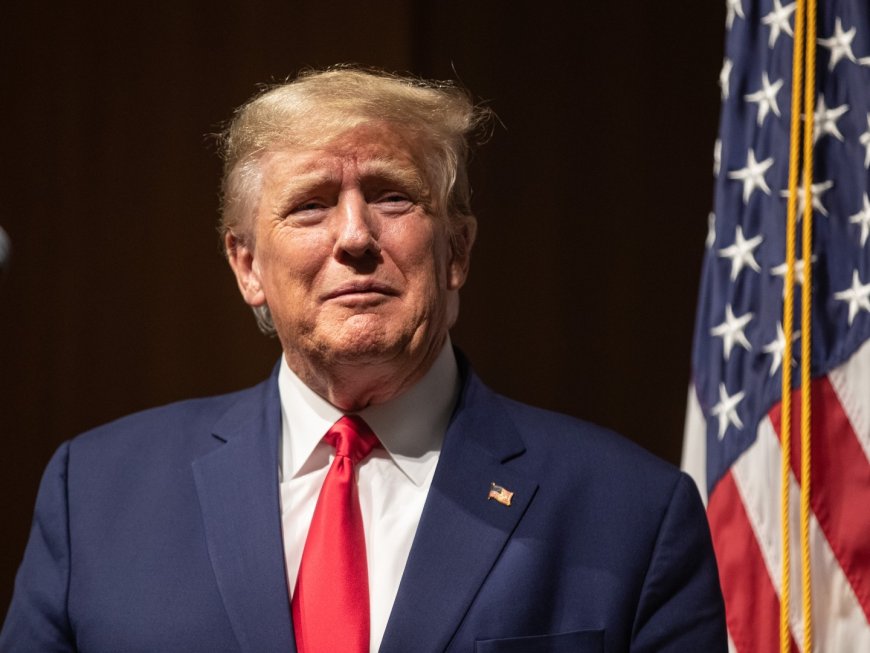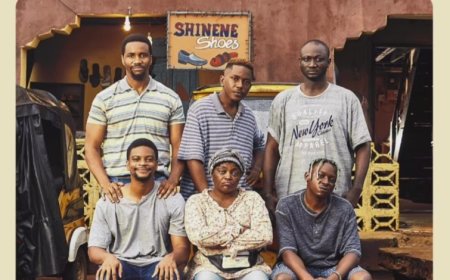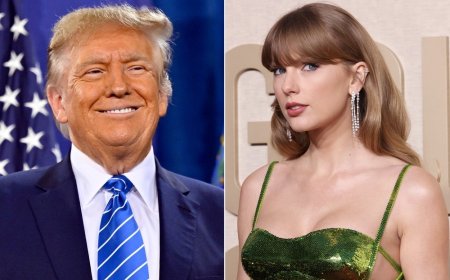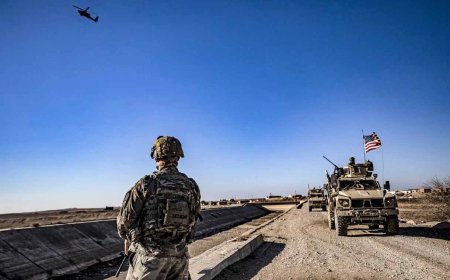Colorado Court Decides if Trump Can Run in 2024: What It Means for Americans
Colorado Supreme Court's decision on Trump's eligibility for the 2024 election. The outcome may impact future elections nationwide.

Colorado's Supreme Court is set to deliberate on the eligibility of Donald Trump for the 2024 ballot. This case, one of many across the nation challenging Trump's return to the presidency, hinges on the interpretation of the 14th Amendment. According to Section 3, anyone engaged in insurrection after taking an oath of office is barred from holding public office.
The Colorado case is moving swiftly, with potential implications reaching the U.S. Supreme Court as the 2024 election approaches. Notably, all seven justices on the Colorado Supreme Court are Democratic appointees, adding a unique dimension to the proceedings.
The central questions before the Colorado justices revolve around Trump's alleged role in the January 6, 2021, Capitol insurrection and, if proven, whether this necessitates his removal from the ballot. A recent trial in Denver concluded that while Trump played a part in inciting violence, he could remain on Colorado's presidential ballot as the 14th Amendment's insurrection clause was deemed inapplicable to the presidency.
This lower court ruling surprised many, including Colorado Secretary of State Jena Griswold, who emphasized the court's decision on Trump's engagement in insurrection. The stage is now set for the Colorado Supreme Court to contribute to this ongoing debate. A ruling against Trump may propel the case to the U.S. Supreme Court, becoming a focal point for determining his eligibility nationwide.
Experts, such as UCLA Law School's Richard Hasen, anticipate that a U.S. Supreme Court involvement could be imminent following a ruling against Trump. Senator John Hickenlooper, who appointed five of the seven current Colorado justices, sees this case as a "test case" for the nation, pondering its significance for interpreting the 14th Amendment.
Trump's defense maintains that the events of January 6 do not constitute insurrection, relying on arguments about the subjective nature of witness testimony. Trump contends that his speech was protected by the First Amendment and that he cannot be held responsible for the subsequent violence.
The historical context of the 14th Amendment's insurrection clause, crafted after the Civil War to prevent former Confederacy leaders from returning to power, adds a layer of complexity to the case. Its rare application in modern times, especially to a presidential candidate, makes this a unique legal challenge.
The case draws on evidence collected by the January 6 select committee, which conducted extensive interviews and investigations into Trump's actions to undermine the 2020 election. Despite the subjective nature of the committee's conclusions, the evidence paints a vivid picture of Trump's efforts to pressure officials to prevent Joe Biden from assuming office.
As the Colorado Supreme Court steps into this complex legal landscape, its decision will likely reverberate nationally, setting precedents for similar cases in other states. The eyes of the nation are on Colorado as it grapples with the intricate intersection of law, politics, and the legacy of the January 6 insurrection.
Must Read: No Plans for Dictatorship If I Win U.S. Presidency Again: Donald Trump














































